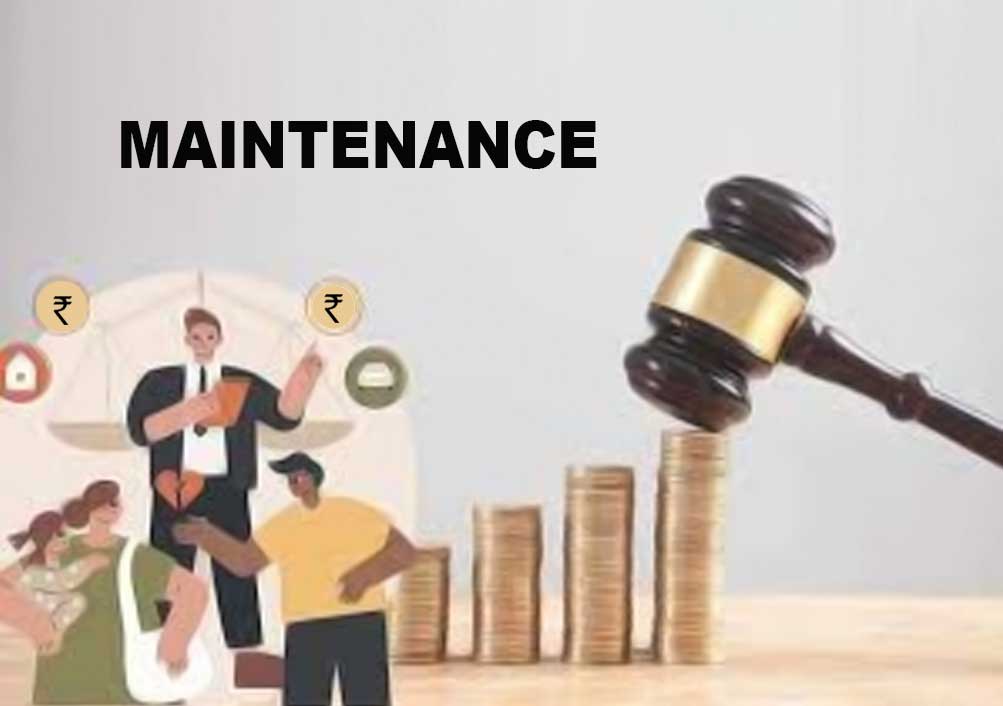Courts have no power to award lifelong imprisonment without remission or parole: Punjab & Haryana High Court

Vivek Gupta
Chandigarh, July 12, 2021: The Punjab and Haryana High Court has said courts have no power to award lifelong imprisonment without remission or parole, as an alternate to death penalty.
A division bench of the High Court in its order dated July 8 cited the Supreme Court judgement in the case of Union of India Vs. Sriharan @ Murugan and said “it was not open to the inferior Court, High Court and Supreme Court to award a sentence of life imprisonment under IPC to further provide for any specific term of incarnation or till the end of convict’s life or to direct that there shall be no remissions, as an alternate to death penalty”.
The bench of Justices Ritu Bahari and Archana Puri made the remarks while allowing four weeks parole to one Anil Dass, who was sentenced to imprisonment for the whole of his natural life without remission by the Additional District Judge’s court in Hisar in 2018 for murder and other offences.
The trial court had found Dass guilty of causing homicidal death of several innocent people, including women and children, during Haryana police’s action to arrest Sant Rampal from his headquarter in 2014.
The petitioner, undergoing sentence in the District Jail, Gurugram, made an application last year seeking four weeks’ parole on the ground that the house in which he was staying along with his father and grandparents was in a dilapidated condition and required immediate repair. The petitioner’s presence was essential for the same as his father is aged and so are his grandparents and they would not be able to undertake the repair work, the plea said.
However, the Jail authorities declined parole to the accused which was further upheld by a single judge bench of the Punjab & Haryana high court on January 7, 2021 on the ground that he cannot be allowed out of jail even for a period of even one day during his life time, as he was ordered to undergo a life sentence without remission.
Seeking review of the high court order, the petitioner’s counsel Arjun Sheoran submitted that the trial court could not have while awarding the sentence directed that the petitioner would not be entitled to any remission, and further that his request for temporary release/parole could not have been refused on that ground.
Advocate Sheoran argued that a co-convict who was also sentenced on similar terms was allowed parole by SP Jail Ambala.
The division bench of the high court, after hearing arguments in the case, said, “It is pertinent to mention here that with respect to the same trial, in the matter of Joginder, referred to above, co-accused has already been granted benefit of parole by this Court, while referring to the judgment passed by Supreme Court”.
The court allowed the application and ordered that the petitioner be released on parole for a period of four weeks.
Sign up for our weekly newsletter to stay up to date on our product, events featured blog, special offer and all of the exciting things that take place here at Legitquest.




Add a Comment